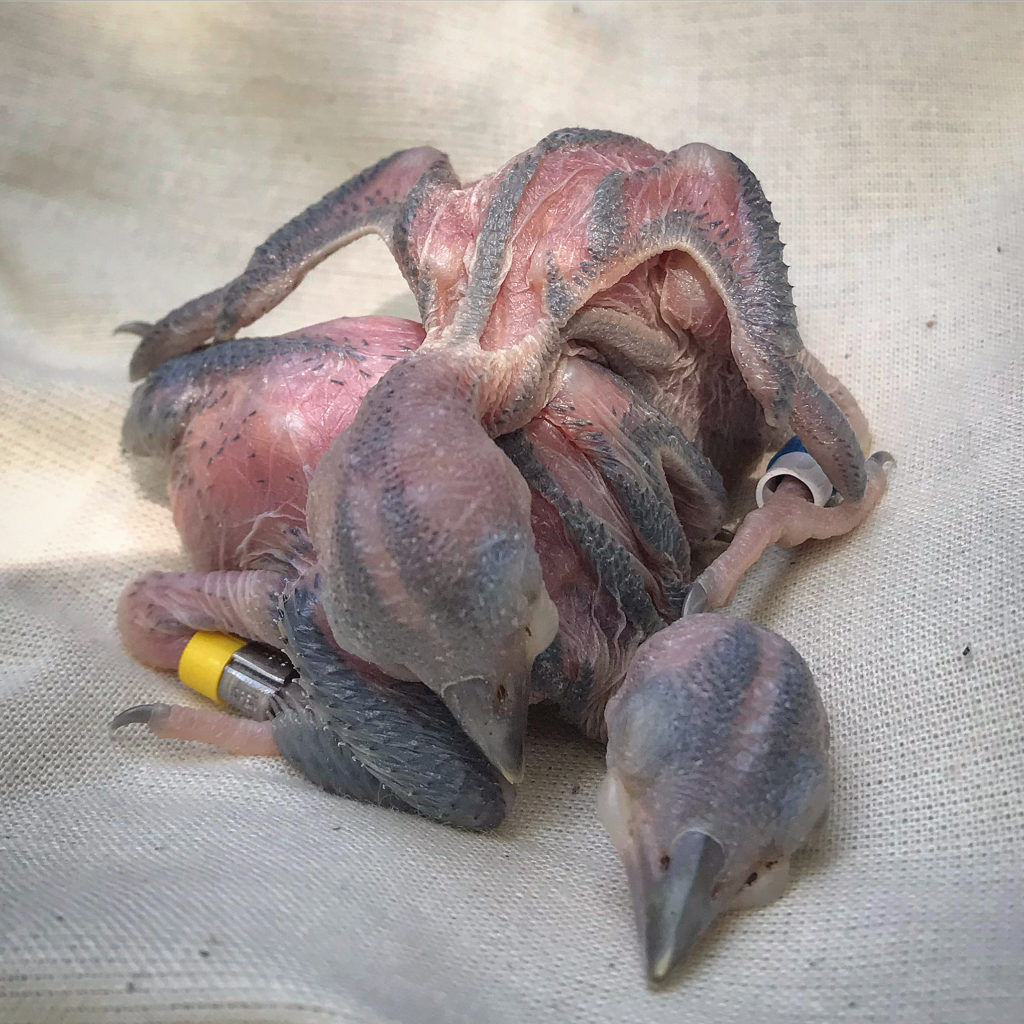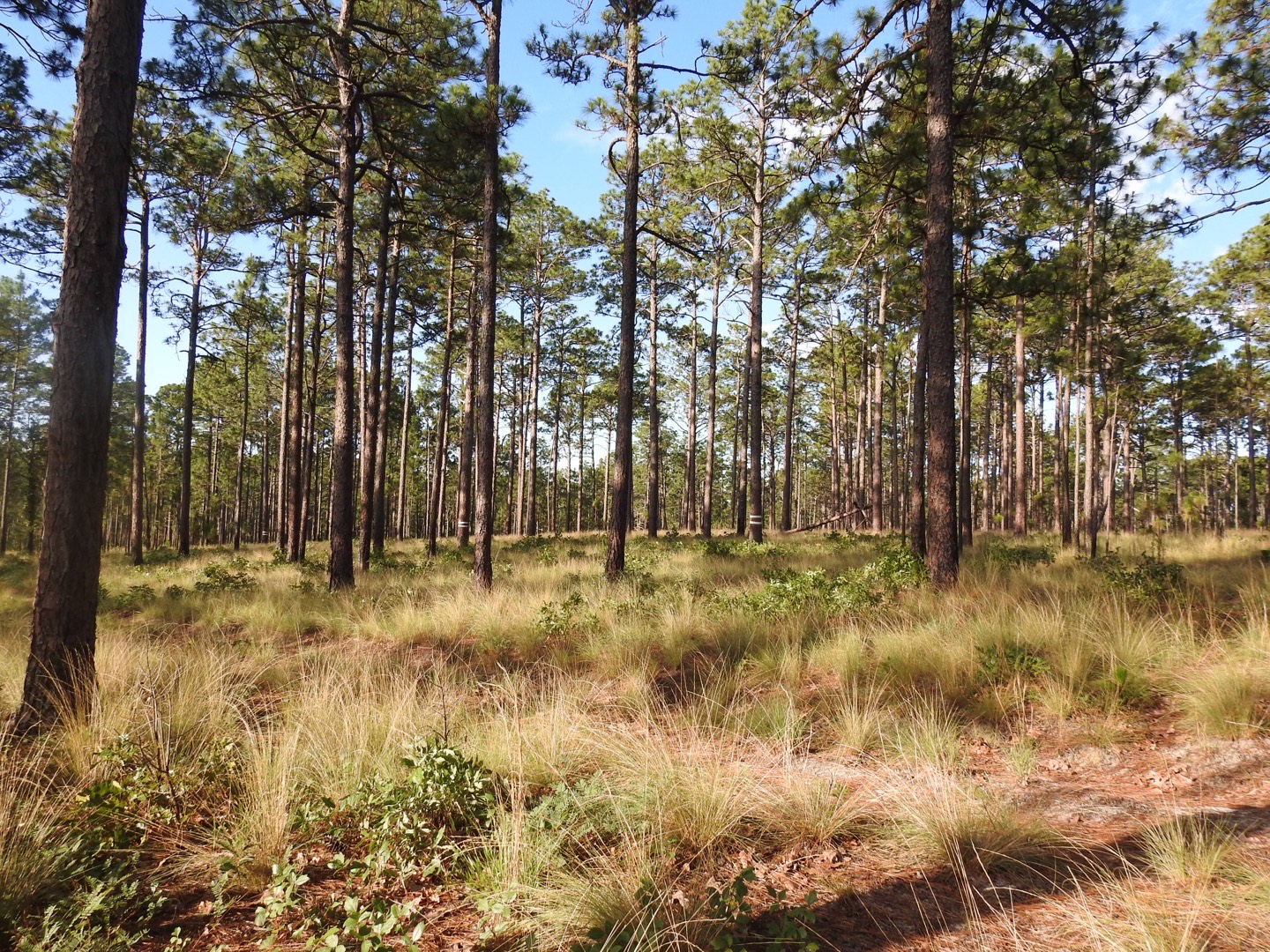
-
Save
The Red-cockaded Woodpecker, or RCW, is a cavity nesting, cooperative breeding species. They live in territorial family groups known as “clusters,” consisting of a breeding pair and 0-6 non-breeding adult helpers. This species thrives in the longleaf pine ecosystem, and excavates their cavities in living trees.
As a result of intensive management actions, Red-cockaded Woodpecker densities have dramatically increased in recent years. However, these trends may not persist under a changing climate regime. Within these same populations, scientists have recently noticed increased partial brood loss (i.e. some, but not all, members of a sibship dying from any and all causes), which may be due to density-dependent factors, climate change, or a combination of both.

-
Save
I aim to address this critical knowledge gap by using a long-term data set to investigate how climate change and density dependent effects interact to influence reproductive success of federal endangered Red-cockaded Woodpeckers (Dryobates borealis). My focal research population occupies the North Carolina Sandhills, a long-term research site with 40 years of continuous and high-quality data. I will supplement those data with an additional 4 years of data collection, including new behavioral and climate data from both nestlings and adults.
Ph.D. Committee: Caren Cooper (NCSU), Christopher Moorman (NCSU), Clyde Sorenson (NCSU), Nathan Hostetter (NCSU) & Jeffrey Walters (VT)
Partners: Sandhills Ecological Institute (SEI); North Carolina Wildlife Resources Commission (NCWRC); United States Fish and Wildlife Service (USFWS)
Funding: American Wildlife Conservation Foundation; Carolina Bird Club; Animal Behavior Society; The Nature Conservancy, Department of Defense; Sigma Xi
FEATURED VIDEOS
RCWs IN THE MEDIA
- The Science Pawdcast: “Chat with Lauren Pharr Woodpecker Expert !”
- Three Rivers Land Trust Campfire Conversations: ‘“Way “Pharr” Up”‘
- The Nature Conservancy’s Cool Green Science Blog: “True Grit: Adventures in Red-Cockaded Woodpecker Research”
